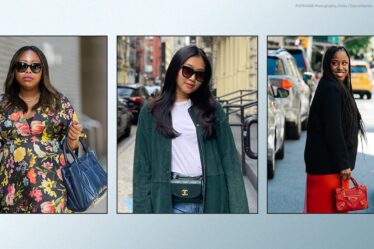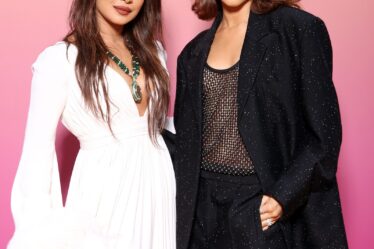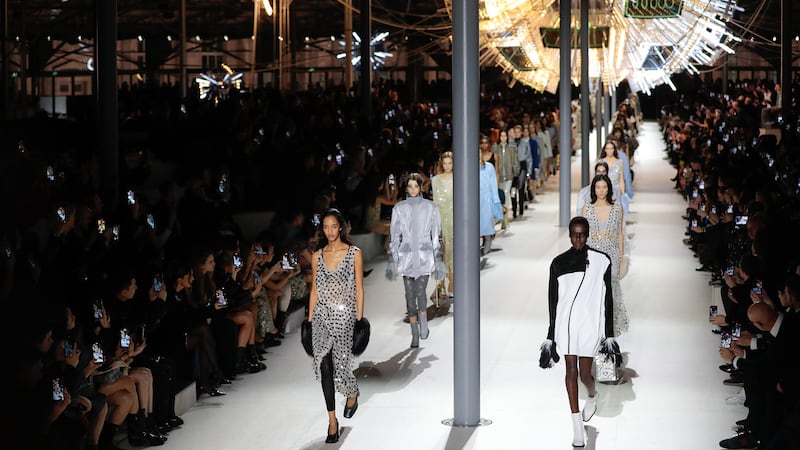
For months, short-selling investors have been placing a wager that Tapestry’s $8.5 billion acquisition of competitor Capri Holdings would never happen. It seemed like a longshot bet: the deal, announced in August, was enthusiastically supported by management at both companies, and uniting handbag brands Coach and Michael Kors under one roof seemed like an obvious fit.
Earlier this week, however, the contrarian view started looking a whole lot more likely.
On Wednesday, The New York Times reported that the US Federal Trade Commission was considering a lawsuit to block the merger, with a vote to move ahead coming as soon as Monday. Their reasoning is that bringing two brands with a similar value proposition together would decrease competition and force consumers to pay higher prices.
Why Is the FTC Targeting This Deal?
The FTC scrutinises many deals for potential anti-competitive practices; even under the Trump administration, the agency scuttled an attempt by Edgewell to acquire the razor start-up Harry’s, arguing it would eliminate a major competitor in the market. However, the FTC has become much more aggressive under the Biden administration, attempting to block Microsoft’s acquisition of Activision Blizzard, a gaming company, grocery chain Kroger’s acquisition of its rival, Albertsons and other deals.
Still, the Tapestry-Capri merger, which was recently approved by antitrust regulators in the European Union and Japan, appeared likely to fly under FTC chair Lina Khan’s radar. The fashion industry is highly fragmented, with brands facing stiff competition from historic rivals and an endless stream of newcomers; one of the main rationales for the deal is to allow Coach, Michael Kors and the groups’ other brands to better compete against European luxury rivals.
“There just isn’t a precedent in fashion,” said Oliver Chen, retail analyst at TD Cowen, who published a note Thursday underscoring his belief there is still a 50 percent-plus chance that the deal will go through.
An attempt by the FTC to block the deal on the grounds that it would raise prices for consumers would also send ripple effects across the global fashion industry. Tapestry and Capri aren’t hiding their desire to charge higher prices for their bags; reducing their reliance on discounting to move inventory is a key element of the long-term strategies at both Coach and Michael Kors.
”How do you even define the handbag market in terms of pricing?” Chen said. “Brands come in and out of style, and so they’re not direct substitutes for one another depending on what’s relevant at a given point in time.”
What Would Happen to Tapestry and Capri if the Deal Is Blocked?
If the FTC sues to block the acquisition, and the companies choose to fight rather than walk away from the deal, the dispute could play out in the courts over the course of months. Tapestry and Capri could reach a deal with the FTC by making certain concessions, such as spinning off other brands in their portfolios, which include Versace and Jimmy Choo under Capri and Tapestry’s Kate Spade and Stuart Weitzman. The two companies could also agree to shutter some outlet stores, a channel in which both brands have a big presence.
In the meantime, both companies will be in limbo, forced to operate their brands in a way that sets them up for success whether or not the deal happens. That balancing act has proven too much for some: when the FTC blocked Walgreens’ acquisition of Rite Aid in 2017, the latter was unable to compete on its own, filing for bankruptcy protection last year.
Capri is in much better shape than Rite Aid, though it does have its problems. Efforts to reposition the Michael Kors brand, which has become too associated with discounts at department stores and outlets, have proceeded slowly. In its most recent quarter, Capri’s group sales fell 6.6 percent on a constant currency basis from a year earlier; the decline was particularly steep at Versace, where sales fell by more than 10 percent.
Meanwhile, Tapestry’s revenue rose by 3 percent in its most recent quarter, thanks to the company’s success in turning around Coach, its biggest brand. The hope is that, post-merger, Tapestry can apply what worked at Coach to the still-struggling Michael Kors.
Some analysts have questioned whether it would be such a bad thing for Tapestry if the FTC nixed the acquisition; if Coach is doing fine on its own, why saddle the company with Michael Kors’ and Versace’s problems?
Capri needs the deal more, but that’s not to say it can’t go at it alone.
“Michael Kors will require investment in stores, technology and a new customer data platform,” Chen said. “It all comes down to money and margins.”
But the biggest blow the FTC could strike is probably a symbolic one to Tapestry, which set out to create the American equivalent of a European luxury conglomerate with its acquisition of Capri. It was an ambitious undertaking, and the best shot American’s fashion industry had in even remotely approaching the scale of their trans-Atlantic rivals (though it should be noted, the combined market capitalisations of Tapestry and Capri would be less than one-third of Kering’s).
“There isn’t a lack of competition in the luxury segment and the combination of Capri and Tapestry does not give them a dominant position,” said Neil Saunders, managing director of GlobalData’s retail division. “There are lots of brands out there,” he added, including countless European options that any American shopper can access online.
THE NEWS IN BRIEF
FASHION, BUSINESS AND THE ECONOMY
LVMH sales grow 3 percent as luxury boom stalls. The group’s key fashion and leather goods division grew 2 percent on an organic basis. The result was in line with analyst estimates but lower than projections for global inflation (expected to be 5-6 percent this year) and made the first quarter LVMH’s slowest quarter since 2020.
Asos says it will take ‘necessary actions’ after 18 percent drop in sales. The company reported an 18 percent drop in sales year on year for the first six months to March 3. This contributed to an underlying pre-tax loss of £120 million, widened from the £87.4 million loss recorded during the same period a year earlier.
Buyout giant CVC seeks €1.25 billion in long-awaited IPO. The company aims to raise €250 million by selling new shares, while existing holders also plan to sell stock, the firm said in a statement Monday. None of the firm’s active employees are selling in the IPO, according to the statement.
Swiss watch exports plunge as China and Hong Kong demand dries up. Monthly Swiss watch exports suffered their biggest decline since 2020, with exports dropping 16 percent by value in March to 2 billion Swiss francs ($2.2 billion) from a year earlier, the Federation of the Swiss Watch Industry said Thursday.
Dr Martens shares plunge as tough outlook sets challenge for new CEO. Dr Martens shares plunged around 30 percent on Tuesday to a record low after the British boot maker warned of another tough year in its key US market, setting a challenge for its next chief executive, former chief brand officer Ije Nwokorie.
US retail sales top forecasts as consumers keep fuelling growth. US retail sales rose by more than forecast in March and the prior month was revised higher, showcasing resilient consumer demand that keeps fuelling a surprisingly strong economy. The value of retail purchases, unadjusted for inflation, increased 0.7 percent from February, Commerce Department data showed Monday.
China’s Q1 GDP growth likely to slow, more stimulus on the cards. China’s economy is expected to have slowed in the first quarter as a protracted property downturn and weak private-sector confidence weigh on demand, maintaining pressures on policymakers to unveil more stimulus measures.
Hermès can surpass Vuitton as luxury’s biggest brand, Citi says. The Birkin bag maker’s sales are set to hit the “symbolic” €20 billion ($21.3 billion) level by 2027 or before, Thomas Chauvet wrote in a note dated April 12 — a milestone that the Louis Vuitton fashion label reached in 2022. Hermès generated group revenue of €13.4 billion in 2023.
Jean Paul Gaultier to collaborate with Shayne Oliver. The Hood By Air co-founder will design a ready-to-wear capsule of 50 items for the Paris-based brand, featuring distressed, gauzy overlays, bumster silhouettes, ultra-wide-leg denim and the logos of imagined streetwear labels like “GLTR Sportswear.”
Emerging designer platform The Folklore raises $3.4 million. The seed funding round was led by venture capital firm Benchstrength and included participation from investors Techstars, Black Tech Nation Ventures and Slauson and Co.
THE BUSINESS OF BEAUTY
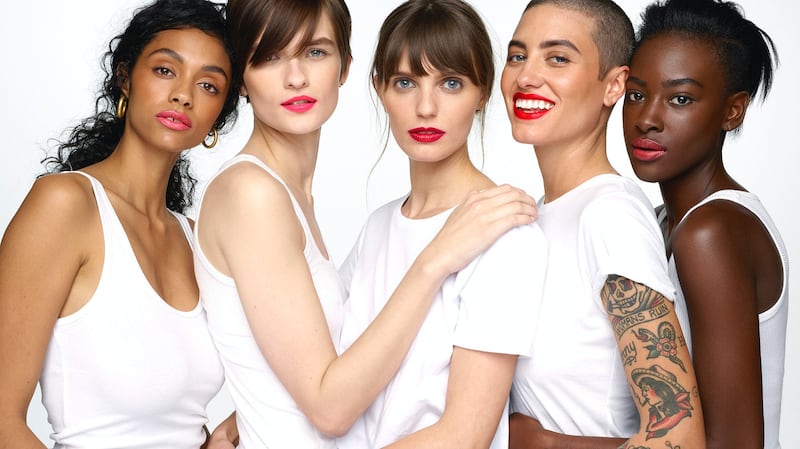
Gregg Renfrew is purchasing Beautycounter out of foreclosure. According to the company, the Beautycounter founder and CEO will retain the brand’s name and assets; products and formulations will stay the same. Beautycounter will retain the vast majority of its direct sales associates.
Sephora, perfumes and cosmetics drive LVMH sales growth. Sales rose 11 percent on an organic basis, with “remarkable growth” at Sephora cited. Overall sales for LVMH rose 3 percent, indicating that fears that luxury demand was cooling in step with economic growth were well-founded.
L’Oréal Q1 sales up 9.4 percent on strong mass market demand. The French cosmetics giant reported sales of 11.24 billion euros ($11.98 billion) for the first three months to the end of March. The sales growth exceeded a consensus of a 6.1 percent rise cited by analysts at Jefferies. Sales were up 8.3 percent on a reported basis.
Procter & Gamble price hikes thin shoppers’ wallets. P&G has hiked prices more than 1 percent for the past nine quarters, bringing a nearly 16% jump in sales over the company’s last three fiscal years. Wall Street expects P&G’s revenues to rise once again, according to LSEG data.
PEOPLE
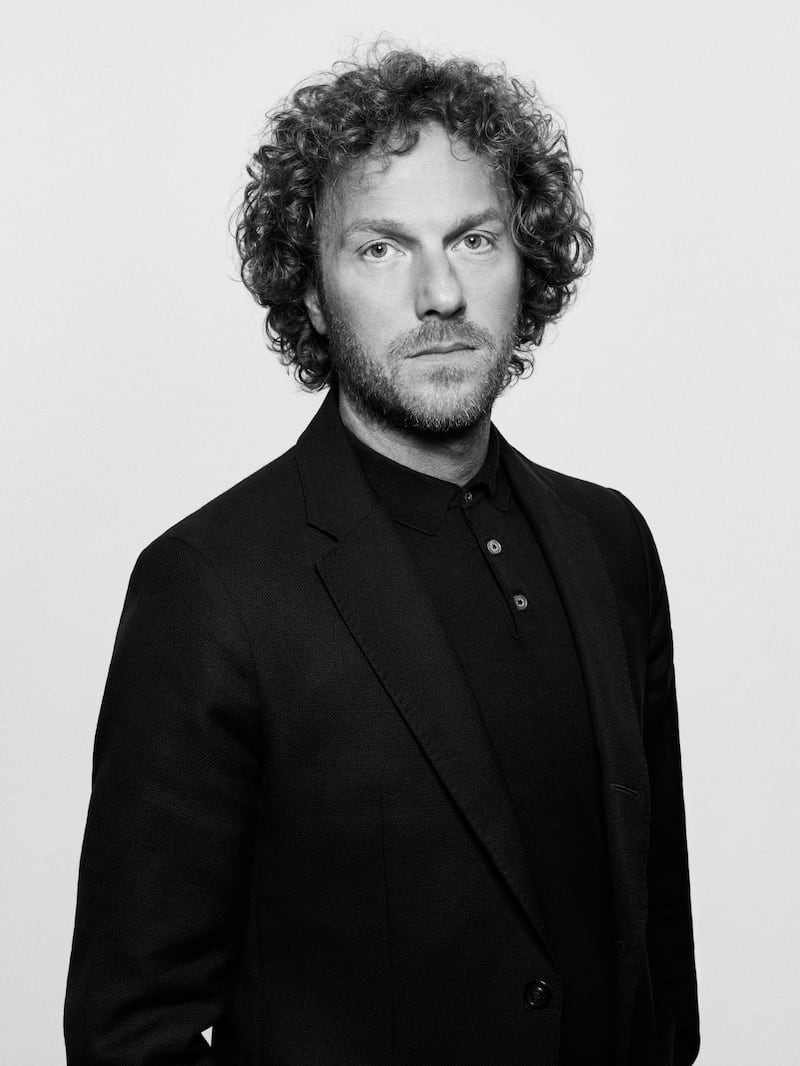
Balmain names new CEO. French fashion house Balmain has appointed Matteo Sgarbossa as chief executive, effective May 6. Sgarbossa succeeds Jean-Jacques Guevel, who left the Mayhoola-owned business in March 2024.
Harvey Nichols appoints new CEO. Harvey Nichols has named Julia Goddard chief executive following the departure of Manju Malhotra — who held the post for 25 years — in late 2023. Goddard joins from Alexander McQueen where she spent 14 years, most recently leading expansion in the Europe, Middle East and Africa region as president.
MEDIA AND TECHNOLOGY
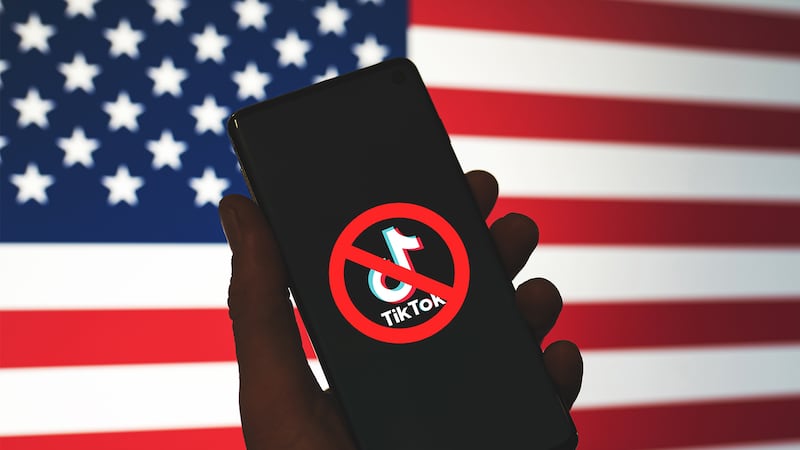
TikTok divest-or-ban bill heads to fast track in US Congress. House Speaker Mike Johnson intends to include the divest-or-ban bill in a package of fast-moving bills that provide new aid for Ukraine and Israel. The House is expected to pass the bills on Saturday, and the Senate is expected to quickly consider the legislation. The bill would give ByteDance up to a year to divest itself of the social media platform, a person familiar with the legislation said, reports Bloomberg.
Lagardère Group launches Egyptian edition of Elle magazine. The French publisher has appointed Tunis-based firm Nissa Editions Group as the local licensing partner and Cairo-based fashion media veteran Susan Sabet as both managing director and editor-in-chief of the new title. The print edition is set to launch in September.
Online marketplace Verishop acquires data firm Trendalytics. Trendalytics, which provides search and trend forecasting data to companies like Ulta and Macy’s, will give the small brands that sell on Verishop insights to help them curate their product selections. Verishop expects this to boost sales across all its brands as more consumers shop based on breakneck internet trends.
Compiled by Diana Pearl.

